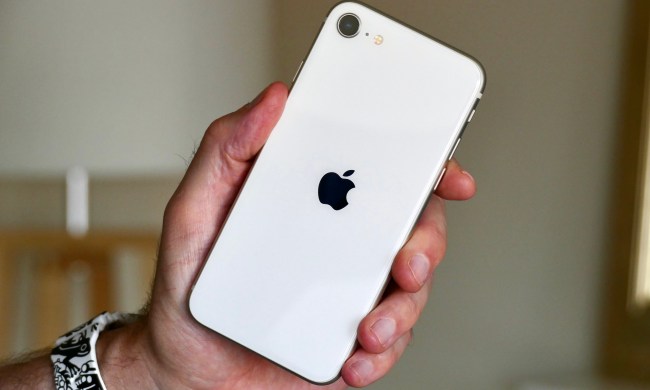According to some market research estimates, about two-thirds of the U.S. mobile phone market uses low-cost, basic mobile phones which don’t offer extensive—or any—mobile email or instant messaging capability. Folks who want their messaging on the go have been indoctrinated to consider solutions like smartphones and mobile email devices from BlackBerry and Palm (for business), or devices like the SideKick for the fashion- and gossip-conscious.
New startup service Berggi aims to change that. Starting Thanksgiving Day (November 23) by enabling users to send and receive email using their phones (usig POP and SMTP), and enable instant messaging from Yahoo, AIM, MSN, ICQ, and Google Talk. With email, Berggi delivers the text of email messages, but not attached graphics or files. Berggi is launching in the U.S. and Spain, with support planned soon for the U.K., Mexico, Italy, and Turkey. In the U.S., Berggi service will cost $9.99 a month; in Spain, users will pay as they go, with a €1 payment covering between 10 an 20 email messages.
The Berggi client software suports a wide variety of mobile phones, although the company notes that billing conflicts prevent it working on Verizon phones, and the software deliberately doesn’t support smartphones and Pocket PC/PDA devices like the BlackBerry because Berggi assumes people will use bult-in email solutions with those devices. Berggi says the easiest way to find out if a phone is compatible is just to download the software.
Bergi leaves email messages on the server (so users can pick them up later on their computers), and stops downloading new messages when a phone’s memory fills up. Berggi also manages users’ online status in instant messaging systems, enabling users to display their buddies’ status and showing buddies when Berggi users are online and able to chat.
Targetting the price-sensitive end of the mobile services market without working through wireless carriers is a risk, particularly since (in the use) many low-cost phone users don’t subscribe to data plans, and billing issues (such as with Verizon) may prevent users from trying Berggi or make the system unduly complex. But if you simply must have email and messaging on a phone which doesn’t currently support it, Berggi may be just what you need.

